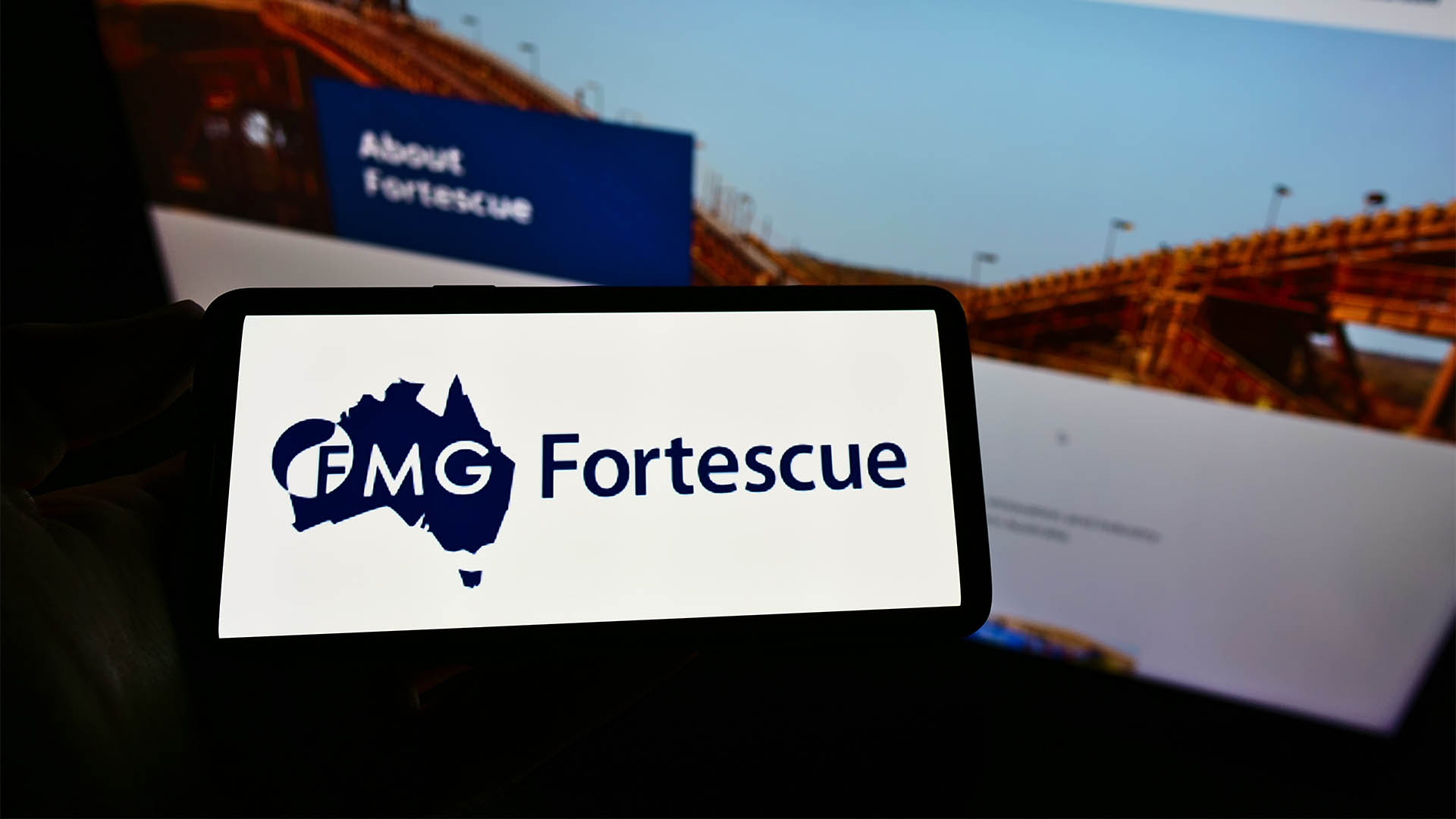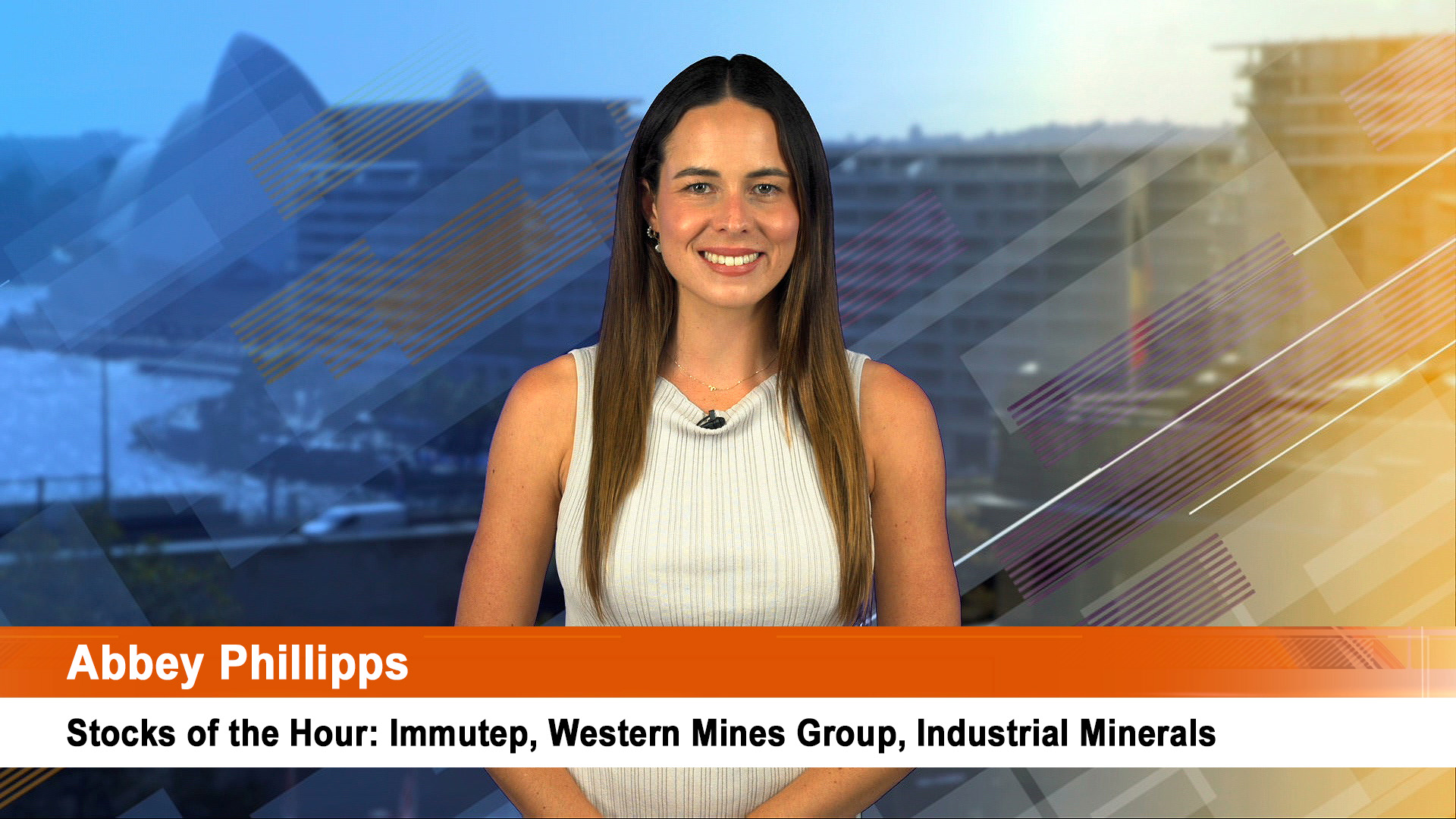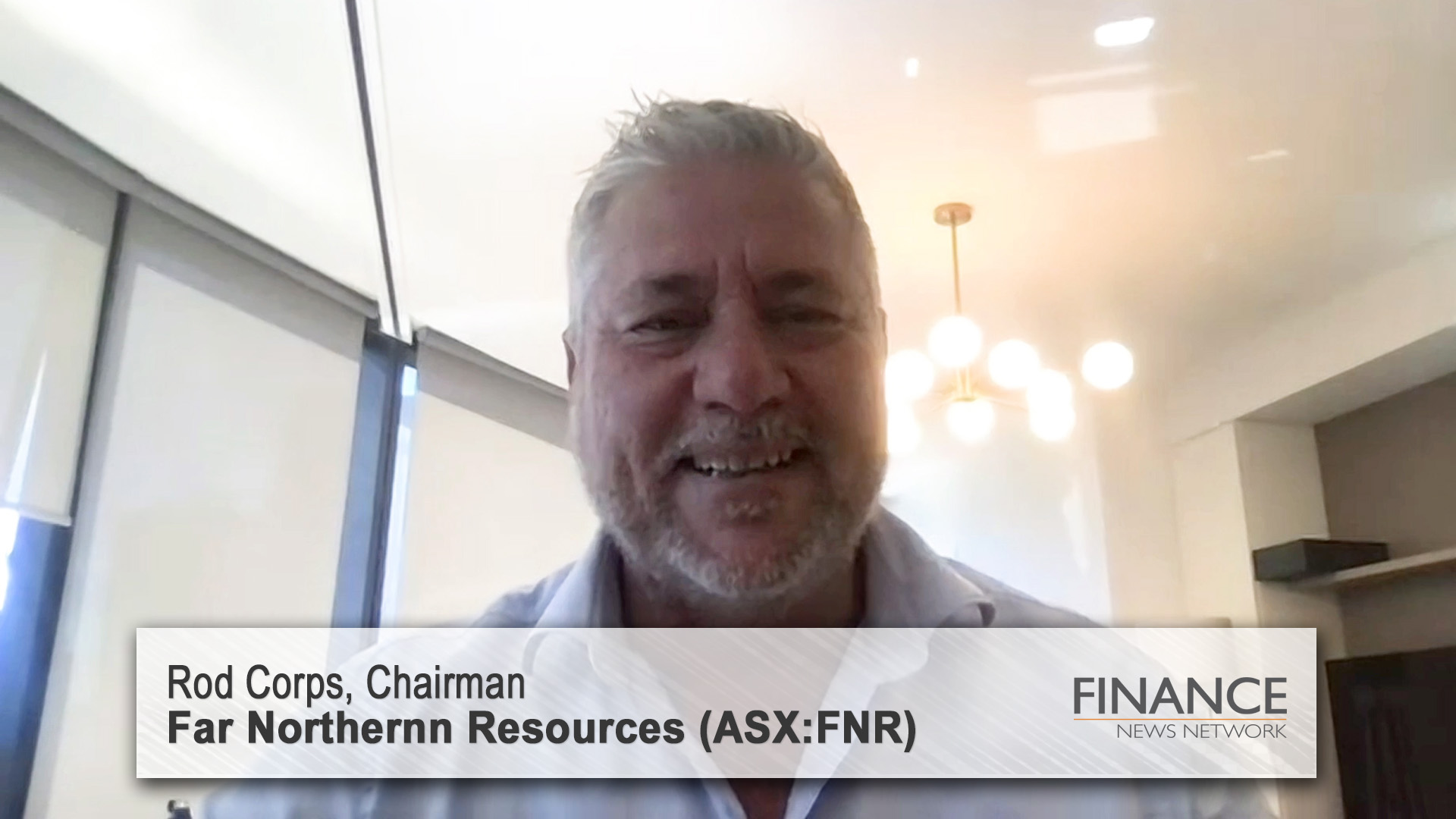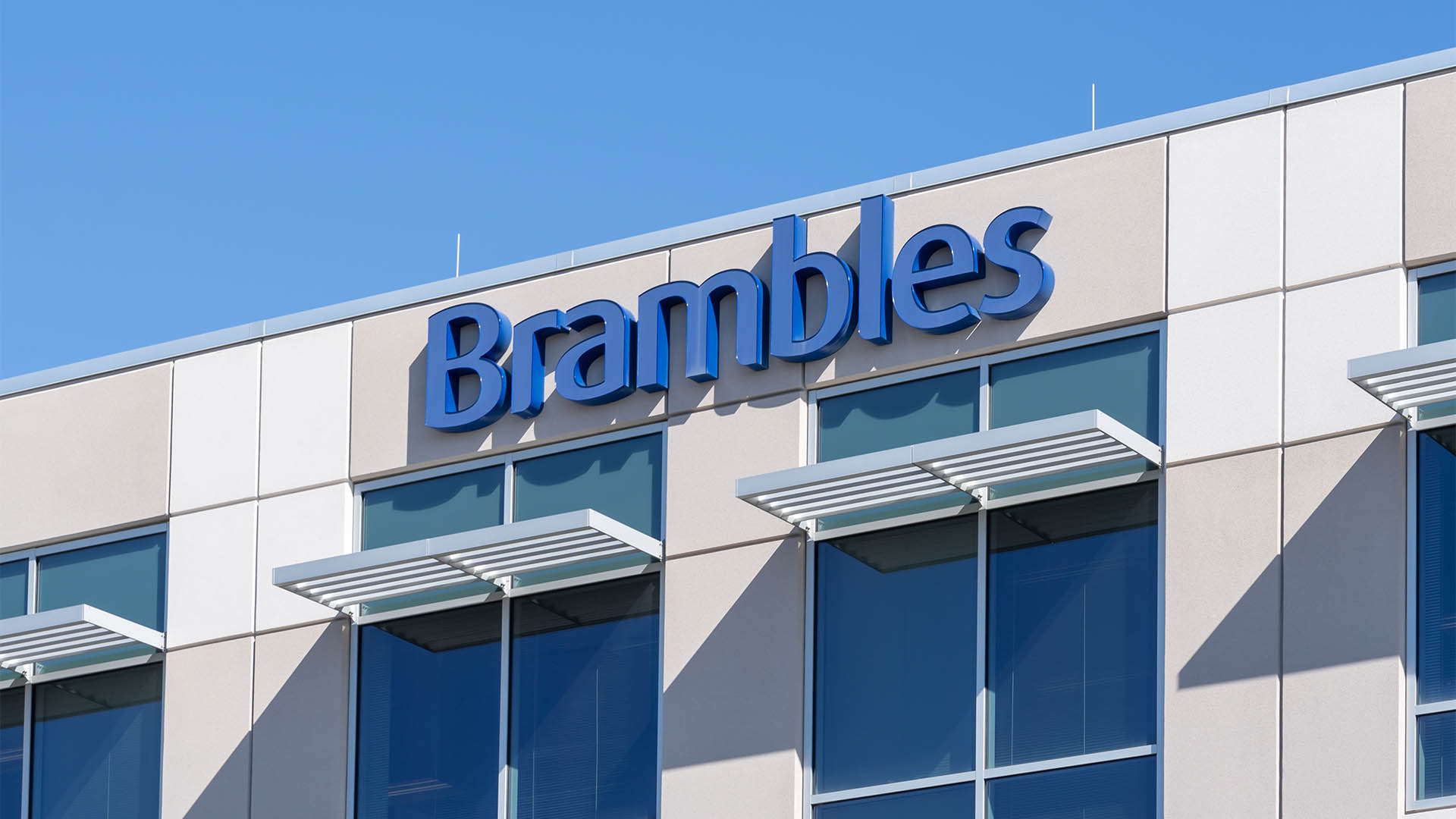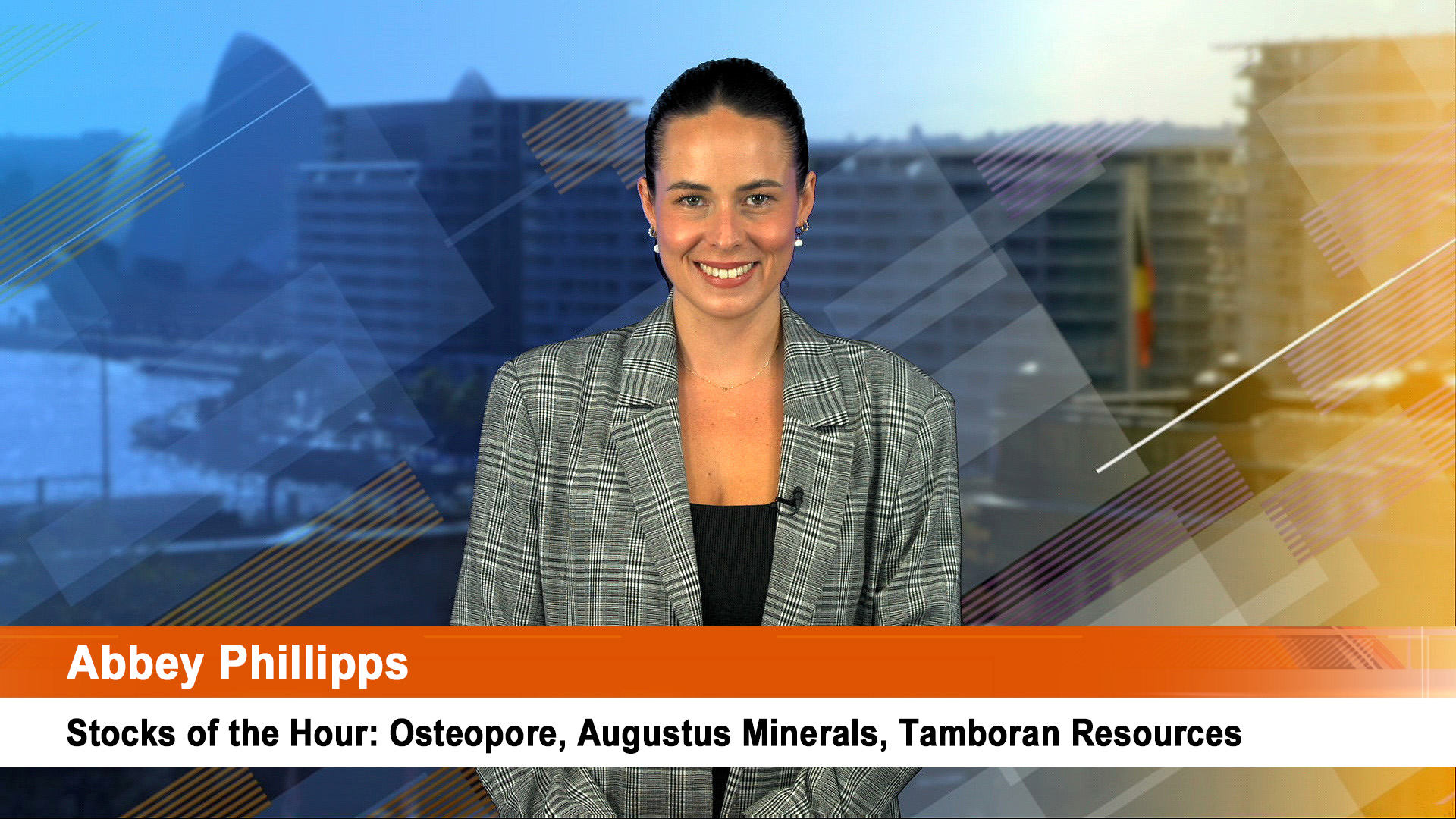A predictably unanimous recommendation from the independent directors of Qantas to shareholders accept the $5.60 (actually $5.45) a share offer from Airline Partners Australia.
Predictable in that there was no other offer or any suggestion of one emerging, with a higher price attached.
The $5.60 a share is clearly higher than Qantas shares have been so the independent directors really had a duty to say yes (of course subject to another bid emerging but that’s standard these days).
(After the declaration last week of a special 15c a share interim dividend to soak up the franking credits, the offer price is effectively $5.45).
Chairman Margaret Jackson told shareholders in the 221 page Target Statement that independent analysis of the bid has found it to be a ‘fair and reasonable offer’.
An analysis of the offer by independent expert, Grant Samuel and Associates found that the full underlying value of Qantas shares lies between $5.18 and $5.98 but says any offer above $5.18 would be “fair value”.
Ms Jackson said no superior offer had been forthcoming and the APA offer price was a substantial premium on recent trading.
“Qantas has delivered year-on-year profits, growth and diversification,” Ms Jackson said in her letter to shareholders.
“But while the business had prospered, the Qantas share price has not.
“The offer is the best available option to enable Qantas shareholders to realise significant value for their investment.”
And that’s the interesting point because you have to ask that with oil around $US60 a barrel (but down to around $US58 overnight) and no bid, plus Tiger Airlines entering the domestic and international markets in a small but noisy way, just where the Qantas share price would be now.
It would be lower certainly.
There’s a pertinent comment towards the end of the chairman’s message to shareholders:
“Indeed, Grant Samuel comments that “there is a possibility that the shares could trade at levels approaching the offer price of $5.60 at some future date but it may take some time and would require a confluence of favourable outcomes”.
Lovely word ‘confluence’; it is another way of saying that if the APA bid is rejected Qantas and its shareholders might be waiting sometime before oil prices fall, demand booms and ‘other’ things happen to propel the share price back to around $5.60.
Qantas shares started firming from the low of $3.91 touched midway through last year as world oil prices steadied and then started easing.
High surcharges on domestic and international fares helped offset much of the damage to earnings and cash flow from rising fuel prices while Jetstar’s rapid stepping up of domestic, and then international operations, helped drive passenger numbers and profits higher.
By the time the rumours of the Macquarie Bank-led APA bid (it was originally a ‘Macquarie Bank bid’) the price was around $4.10 to $4.30 and looking strong as analysts started crunching numbers of any bid and also worked on the impact of the falling oil price on Qantas’ bottom line.
In its own way the market prices in these factors well before they appear on the company’s accounts and that’s what was happening with the Qantas share price.
We saw a profit upgrade in early December with full year earnings being projected to rise 25 to 30 per cent. And then with last year’s solid interim result, that guidance was again lifted to 30 to 40 per cent.
No one knows where the price would have been but $5.60?
Then Tiger Airways appeared on the scene and started getting traction for its no frills proposals.
Do you think the QAN price would have remained static? No, the nervous nellies amongst the punters, hedge funds and other traders would have sought to cash in whatever profits they had and exit (and hope to buy back in when sense has prevailed and value was once again established).
The Grant Samuel said the APA offer provides a 33 per cent premium over the price the shares were trading at prior to press speculation about the takeover and the analysis forecasts that Qantas shares will fall back to $4.20 if the bid fails.
Which is where it was roughly before the bid emerged.
But that is without oil around $US60 a barrel and looking volatile, the full extent of the profit rise now factored into the price’ and the appearance of interloper Tiger.
So where would the price be today without a bid?
It traded around $5.36 yesterday with the bid, compared to the price of $5.60, less the 15c special dividend. That produces an effective price of $5.45.
That’s above the $5.18 minimum in the valuation.
But there remains that niggle about why the need for the bid (If we assume most shareholders would stay rather than sell).
Ms Jackson says in her letter “In my six-and-a-half years as Chairman, working with my fellow Board members, Geoff Dixon as CEO and an outstanding management team, Qantas has performed strongly.
“We have been aggressive and innovative in pursuit of success and security for the company. We are proud of our record. Qantas has delivered year-on-year profits, growth and diversification.
“But while the business has prospered, the Qantas share price has not. The three year average price of Qantas shares before speculation about the takeover was just $3.49.” (That’s the core argument, it seems).
“There has been a lot of commentary about the comparatively new trend of private equity-led offers for Australian companies.
“In view of the terms of the initial approach by the consortium, we did not consider that it was in shareholders’ interests to reject that approach, so your Board entered into an evaluation of the proposal in good faith with appropriate protocols to deal with the conflicts of interest that could have arisen.
“The final Airline Partners Australia Offer is the result of extensive negotiations





